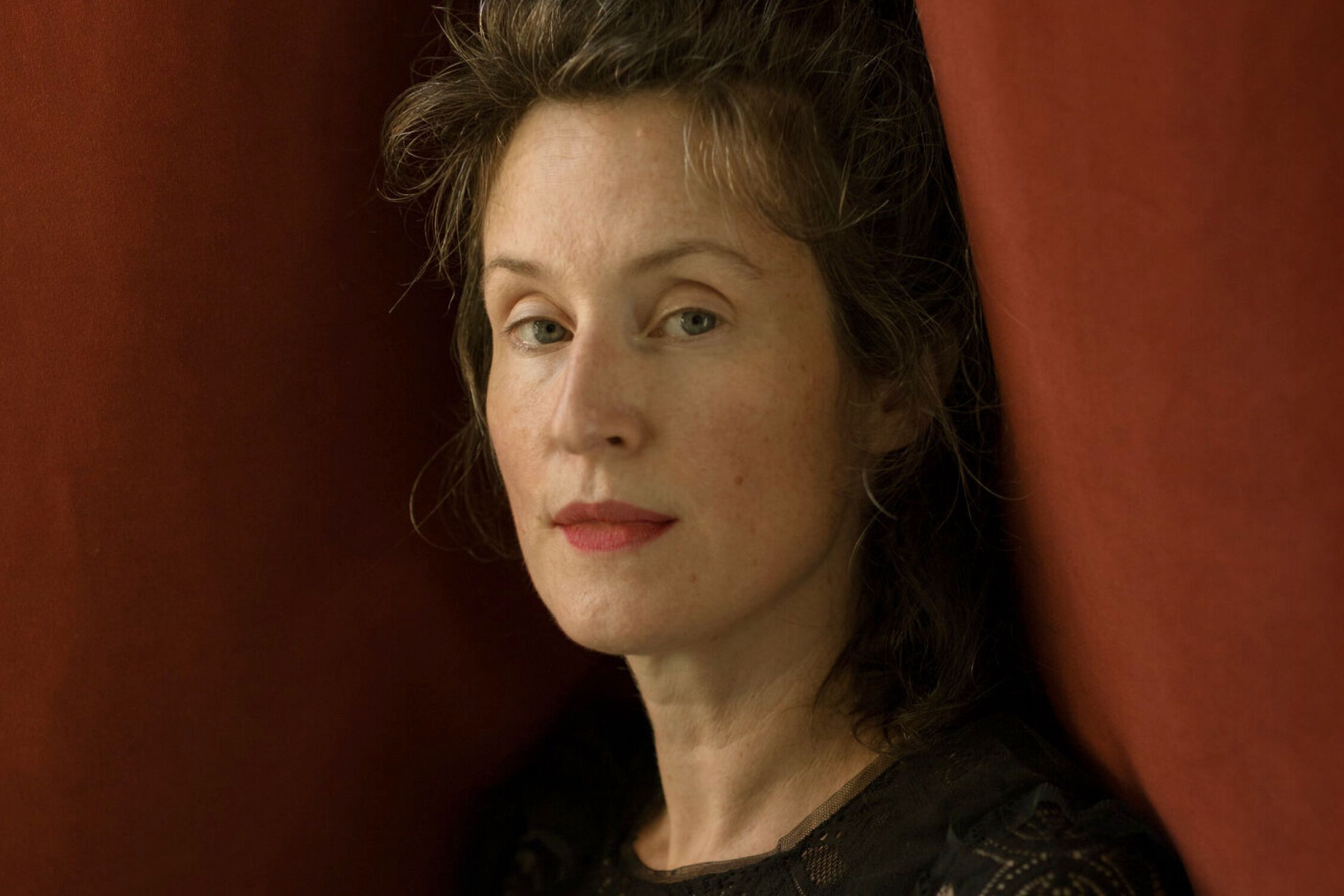Julia Úlehla

Julia Úlehla (* Knoxville, USA) is a transdisciplinary performer, singer, improviser and scientist living on the Musqueam territories, a Canadian First Nation region around Vancouver. “Julia Úlehla´s artistic practice is also a type of resistance, resistance against forgetting, resistance to the museumization of traditions, but also resistance to the appropriation of folk rituals and songs for nationalist purposes. ‘I sometimes get really tired of the baggage of nationalist folk song’, Julia elaborates. (…)“
“A song cannot live between the yellowed pages of a book (…). In Julia Úlehla’s performance, her grandfather Vladimír’s notes create a world of their own, and yes, also a new one, in which ritual songs meet jazz and post-rock, traditions meet experimental music.”
Since 2013, Úlehla has been the singer and bandleader of the avant-folk ensemble Dálava. Dálava explores singing as a living thing, drawing on an ancient singing tradition that has been passed down through generations of Julia’s family.
Dálava released her third studio album entitled “Understories” in 2025. Other upcoming projects include the world premiere of ‘The Tempest Project’ with Music on Main, Mermaid Spring with ‘The Only Animal’ and a Julius Eastman program at the Modulus Festival.
Úlehla holds a PhD in Ethnomusicology from the University of British Columbia, a Master of Music in Vocal Performance and Literature from the Eastman School of Music, and a BA in Music (Vocal Performance) from Stanford University. From 2002 to 2008 Julia performed as a lyric mezzo-soprano in operas, and from 2008 to 2011 she was a member of Jerzy Grotowski and Thomas Richards’ renowned laboratory theatre Workcenter in Pontedera, Italy. She is currently completing a postdoctoral fellowship in Cultural Studies at Queens University. In her research and creative project she develops methods for voice, movement, text, image, theatre and installation in a community of collaborative artists.
In addition to her work as a performer, Úlehla has accepted a position as Artistic Associate with the Music on Main society, where she will work to develop a platform for local First Nations’ (Musqueam, Squamish and Tsleil-Waututh) musicians.
Julie Úlehla:
“I’ve heard nothing but wonderful things about the last iteration of the Monheim Prequel and Festival. Everyone mentions the beautiful atmosphere created by the open, collaborative spirit of the invited musicians, and the curious, enthusiastic support of the audiences and producers. I’m really looking forward to having the time and space to meet the other artists during the Prequel, and see what meaningful connections emerge between us. It feels really nice to be hosted in this way that allows relationships to develop slowly.”


